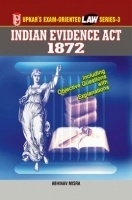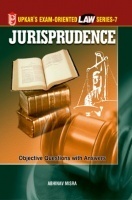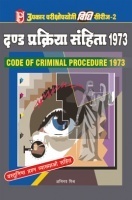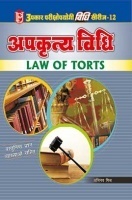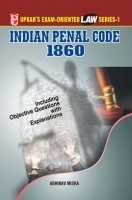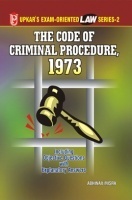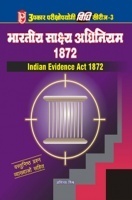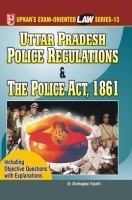The book written with a rich teaching experience of the author at National Law University and State University, attempts to critically analyse Indian High Court and Apex Court cases on the Law of Civil Procedure. It also evaluates the relation between statutory procedural law and case laws as subject. Most importantly, the book presents recent judgments of Supreme Court, particularly based on Post Amendment Acts of 1999 and 2002. Also, these cases have been analysed in addition to a critical examination of the radical and far reaching effect of the Code.
This lucid and well-organised book is divided into five parts. Part I develops theoretical foundations of the readers on Civil Procedure Code. Part II demonstrates certain important issues on the (i) scope of jurisdiction of civil courts to entertain disputes, (ii) principles governing res sub judice, res judicata and foreign judgement, (iii) nature of powers exercised by civil courts in matters relating to place of suing, institution of suit, transfer of cases, withdrawal and compromise of suits, (iv) necessary conditions for first hearing, interim order, trial as well as special suits, (v) scope and ambit of law relating to pleadings, appearance and non-appearance of parties, discovery, inspection, production of documents, death, marriage, insolvency of parties, judgment and decrees. Part III explores various issues on appeals, reference, review and revision. In this part, an attempt has also been made to discuss different facets of law on first appeal, second appeals, appeals from orders, appeal by indigent persons, appeals to the Supreme Court. Part IV is devoted to discuss various principles on execution. Part V deals with miscellaneous issues on the Law of Civil Procedure and includes Appendix on the Law of Limitation.
The book will prove useful to the students of LLB and LLM for their course study. Besides, the book will be of immense use to the professionals.
Key Features
Written with case analysis method.
Contains an authoritative discussion on the complexity of the Second Appeal after its determination and re-determination since the British period.
Important Supreme Court and High Court decisions are examined and analysed critically.
Preface
Part IPreliminary
1 Theoretical Foundations of Code of Civil Procedure
2 Definitions
Part IISuits
3 Jurisdiction of Civil Courts
4 Res Sub Judice and Res Judicata
5 Foreign Judgments
6 Place of Suing
7 Institution of Suit, Parties to Suit, Framing of Suit, Recognised Agents and Pleaders
8 Pleading: Plaint and Written Statement
9 Issuing Summons, Appearances of Parties, Consequence of Non-appearance and Remedies against ex-parte Decrees
10 First Hearing
11 Discovery, Inspection, Admissions, Production of Documents and Affidavits
12 Trial
13 Withdrawal, Adjustment and Compromise of Suits
14 Effect of Death, Marriage and Insolvency of Parties
15 Special Suits and Proceedings
16 Judgment, Decree, Interest and Costs
17 Interlocutory and Interim Orders
Part IIIAppeals, Reference, Review and Revision
18 Appeals from Original Decrees: First Appeal
19 Appeals from Apellate Decrees: Second Appeal
20 Appeals from Order
21 Appeals by Indigent Persons
22 Appeals to the Supreme Court
23 Reference
24 Review
25 Revision
Part IVExecution
26 General Principles of Execution
27 Modes for Execution
28 Arrest and Detention
29 Attachment of Property and Distribution of Assets
30 Sale and Delivery of Property
Part VMiscellaneous
31 Restitution
32 Caveat
33 Inherent Powers of Court
AppendixLaw of Limitation
Index







